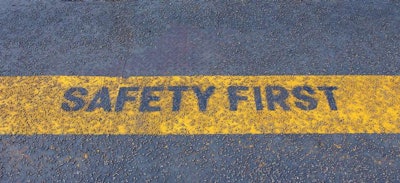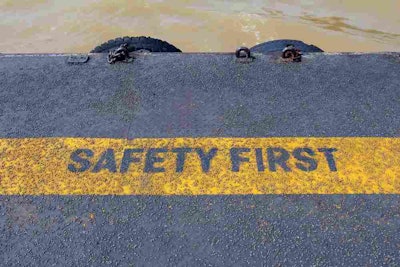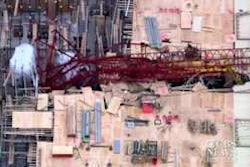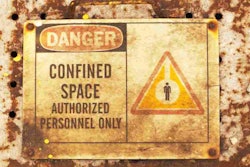

A great new article by Terry L. Mathis over at EHS Today makes a pretty interesting argument: just because you’ve got a record of zero accidents does not mean you’re doing everything right when it comes to safety.
Mathis, founder and CEO of ProAct Safety, says while zero accidents is definitely a good thing, it could just be dumb luck or the result of misreporting or suppressing reports of accidents through “intimidation or artificial stimuli such as bonus and incentive programs.”
To achieve true “safety excellence,” as Mathis calls it, you’re going to need three elements: strategy, process indicators and culture.
Unfortunately,Mathis says most safety strategies define the results they want while largely ignoring laying out how they expect to get there. But if you want to actually improve your results, you’re going to need to ask a lot of questions about how your safety strategy and program fit into your business and whether it will confuse or provide redundant information to your crew.
While most companies use lagging indicators to see if their safety program is working, Mathis suggests using process indicators. Rather than telling you if you’re doing better or worse, process indicators tell you if you’re putting it into practice how well you’re executing it, if at all.
And to really get your crew to take safety seriously, Mathis contends that you must make it a part of the culture at work. And that culture must celebrate excellence and a good safety record should be a piece of that puzzle they take great pride in.
One of our 2012 Contractor of the Year finalists, Todd Bennick,strives to create that type of culture at his business. “When I started out I wanted to become the best,” Todd told Equipment World. “I want to give the customer the neatest site, the site that is perfectly on grade. I want us to go the extra mile and I preach that in every meeting. …We should go above and beyond what’s expected. Just because we didn’t figure it in the bid, doesn’t mean we don’t do it.”
And Bennick’s culture has paid off.
“Safety is more important than anything,” says Bennick. “You can fix a machine, but you can’t fix a person who’s been killed in an accident. We’ve been in business 14 years and we’ve had one workers’ comp claim and no major accidents. … You’ve got to practice it, preach it and teach it.”










